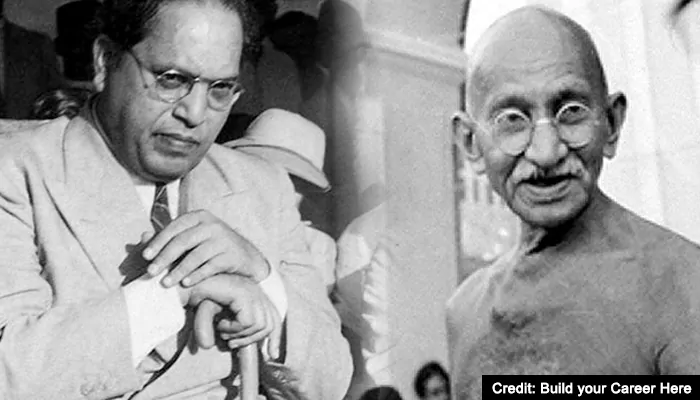
When Gandhi’s fast and Ambedkar’s resolve reshaped India’s destiny
It was September 1932. Mahatma Gandhi lay frail on a prison cot in Yerwada Jail, refusing food, his body already weakened by days of fasting. Outside, the nation trembled with anxiety. Was this to be the end of the Mahatma? Would his protest against the British “Communal Award” claim his own life?
At the same time, Dr. B.R. Ambedkar remained steadfast, unwilling to relinquish the hard-won political rights of his people—the Dalits, who had long been oppressed and excluded. From this deadlock, a settlement emerged that would change the course of Indian democracy: the Poona Pact.
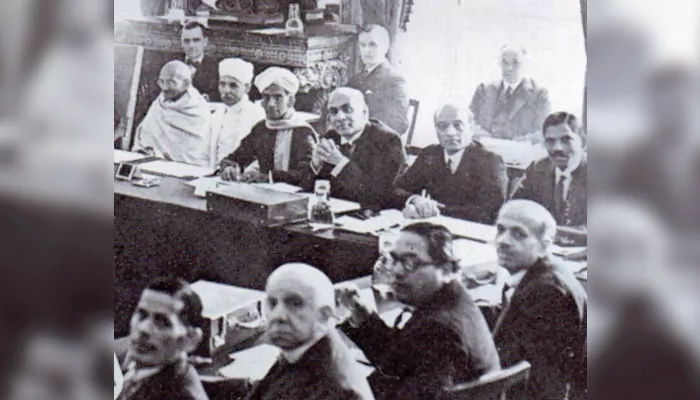
Credit: drambedkarbooks
The flashpoint was the British Prime Minister Ramsay MacDonald's Communal Award of August 1932, which granted separate electorates not only to Muslims and Sikhs but also to the so-called "Depressed Classes.”
For Ambedkar, it was a victory—a political safeguard to ensure Dalits could speak for themselves. For Gandhi, it was poison. To him, the British were driving a wedge straight through Hindu society, perpetuating caste divisions for their own imperial gain.
Thus began a moral battle that was as much about the future of democracy as it was about the nation's soul.
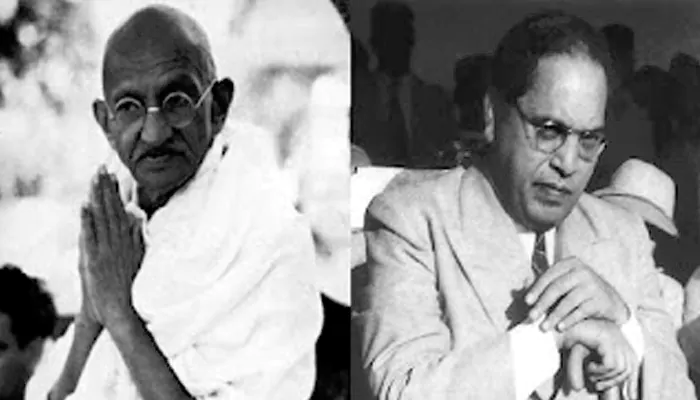
Credit: diplomatic titbits
Ambedkar believed that caste oppression was a political disease that required a political cure. Without guaranteed representation, he argued, Dalits would remain voiceless in legislatures dominated by upper castes.
Gandhi, by contrast, viewed the caste issue as a social and spiritual malaise, one best addressed through reform and repentance rather than separate political silos. He renamed Dalits as Harijans—children of God—hoping to inspire compassion in the hearts of upper-caste people.
The disagreement was stark: Ambedkar sought rights; Gandhi sought reconciliation.
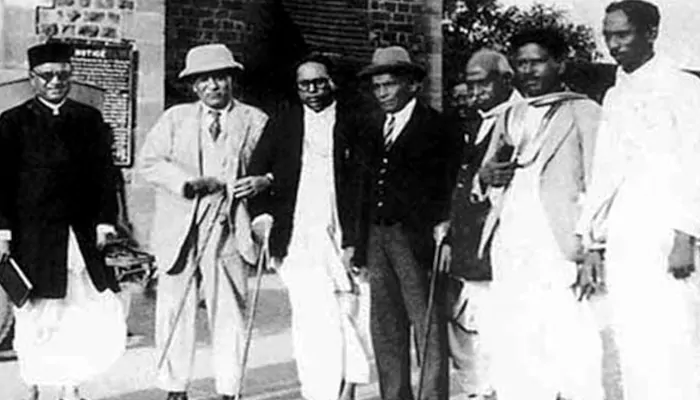
Credit: India Today
As Gandhi’s fast threatened to become a martyrdom, pressure increased on Ambedkar. The outcome was the Poona Pact of September 24, 1932, signed under life-and-death circumstances.
In it, Ambedkar relinquished the demand for a separate electorate in exchange for something unprecedented: a significant increase in reserved seats for Dalits in the legislatures, rising from the 78 allocated under the Award to 147.
The pact went further. It assured fair representation in public services and a share of educational funds for the upliftment of Dalits. For the first time in history, India's most marginalised groups were recognised as a political force.
The Poona Pact was more than just a political deal—it was a strong recognition that caste oppression could not be ignored. Upper-caste leaders conceded, perhaps for the first time, that the Dalits' fate was a national concern. The moral impact of Gandhi's fast combined with Ambedkar's demand for justice created a hesitant but historic consensus.
However, the pact also served as a reminder of unfinished business. Gandhi never lost his faith in gradual reform, while Ambedkar relentlessly advocated for the eradication of caste itself. Their visions conflicted, but together they set in motion a path towards what would later become the world's largest programme of affirmative action.
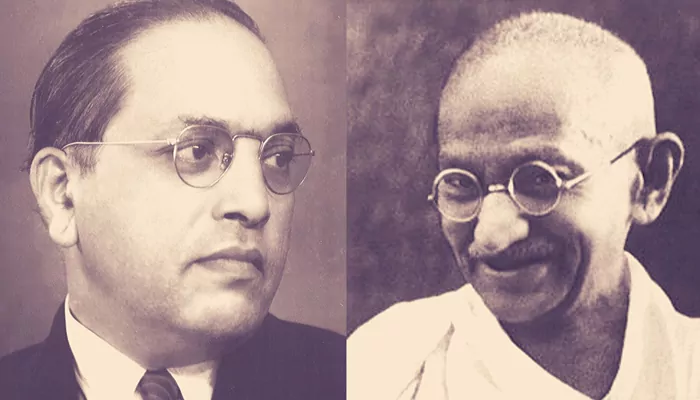
Credit: The Federal
The Poona Pact remains a pivotal moment in India’s ongoing battle against social exclusion. It provided Dalits with a foothold in the political sphere and sowed the seeds of reservation that continue to shape India’s democracy. However, the social stigma of caste, as Ambedkar warned, did not disappear overnight.
Almost a century later, the lesson remains: rights on paper must be accompanied by justice in society. Gandhi’s moral appeal and Ambedkar’s political clarity were not contradictions but complementary truths. Together, they serve as a reminder that freedom is meaningless unless it is shared by the last and the least.